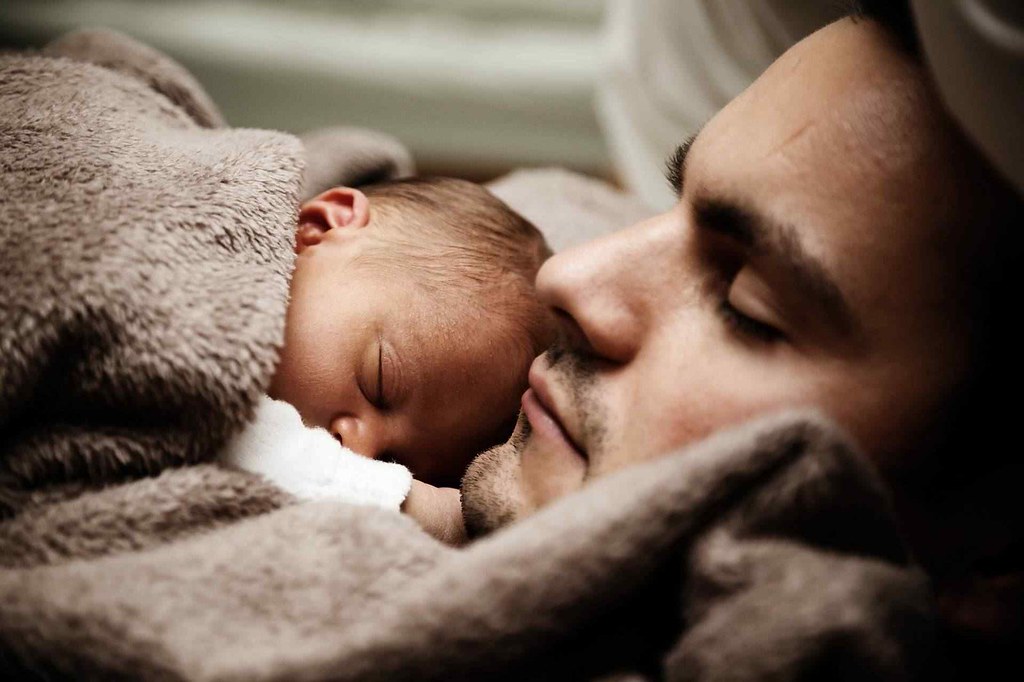It is widely believed and generally recommended for an individual to clock in an average of seven and a half to nine hours of sleep to assure full functionality during waking hours. This may vary from person to person but investing six hours below is the norm in this era and basically, that is the most worrisome. It goes without saying that sleep deprivation is harmful to your health and to your professional and personal life.
And while you may want to sleep for more hours, there are some cases when you might suffer from sleeplessness or even chronic insomnia. Listed below are suggestions that may aid you to achieve that regulated form of sleep:
1. Stop fiddling with your gadgets when in bed
To many, the bed is sacred. To others, smartphones are. But this era defines life as wired (and weird, perhaps), shaped by the people whose attachment to gadgets are bordering on unwise and unhealthy (and at times even fatal). Fiddling with the smartphone by bedtime will further fuel brain activity, which defeats the purpose of this list.
2. Make your room cozy according to your preference.
At bedtime, it is best you dim the lights, get rid of unnecessary noises, and try to set a cooler room temperature, if possible. The last part may pose a challenge when presented with a tropical summer but the former items will help to induce sleep. If you share a room with someone who absolutely can’t sleep without the lights on, maybe a pair of eye masks will do the trick. If you can afford it and have the space for it, a roomier mattress will also be more comfortable and give you freedom to move around.
3. Have writing instruments at hand.
Huffington Post suggests that if you are having trouble sleeping, you should keep a pen and paper by your bedside for any spur of the moment thoughts that might crop up. Stress and depression are listed as some of the causes for insomnia. You might not be an insomniac but you might having trouble sleeping if there is still something bothering you. Write those thoughts and reminders down and get ready to sleep better.
4. Find comfort.
As with any situation, comfort is key especially when we’re talking about sleep. It is therefore recommended that when going to bed, you should get into comfortable pajamas with equally comfortable blankets that are neither too thin nor too thick and comfortable pillows that will let you slip into a deep, undisturbed sleep.
5. Limiting caffeine intake and highly physical activities before bedtime.
Caffeine is made to boost energy levels. So if you want to fall asleep better, it is suggested that coffee and tea intake must be limited. Don’t do anything physically taxing as well.
***
As adults, sleep is a luxury. We’re sure a lot of you crave it but you can’t have it as easily as you did when you were a child. (Remember those days when you didn’t want to sleep in the afternoon just so you could play? We’d take that back if we could.) Sleeping on time requires a certain discipline now. Hopefully, these tips will help you fall into the habit of getting better rest.

















